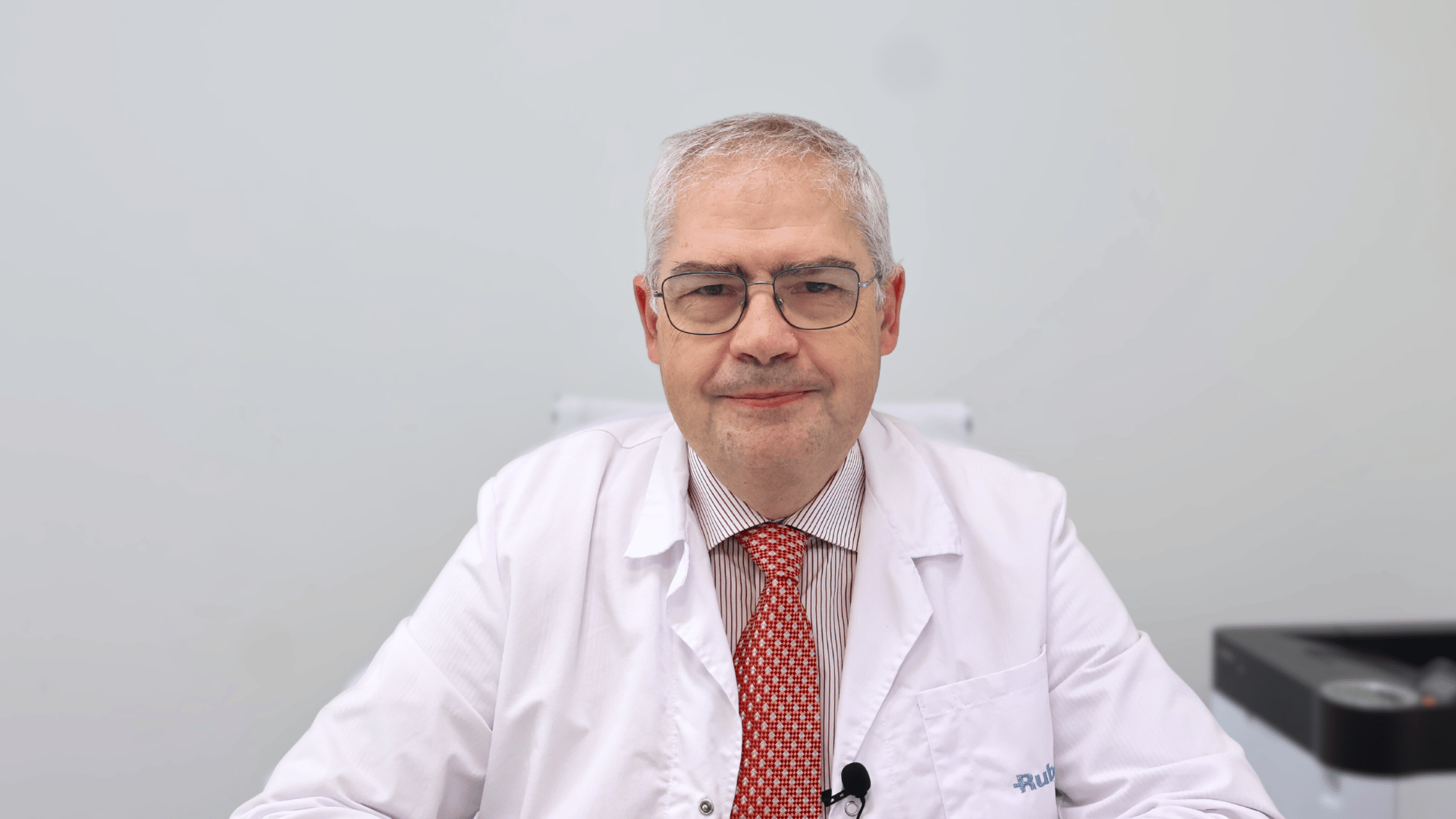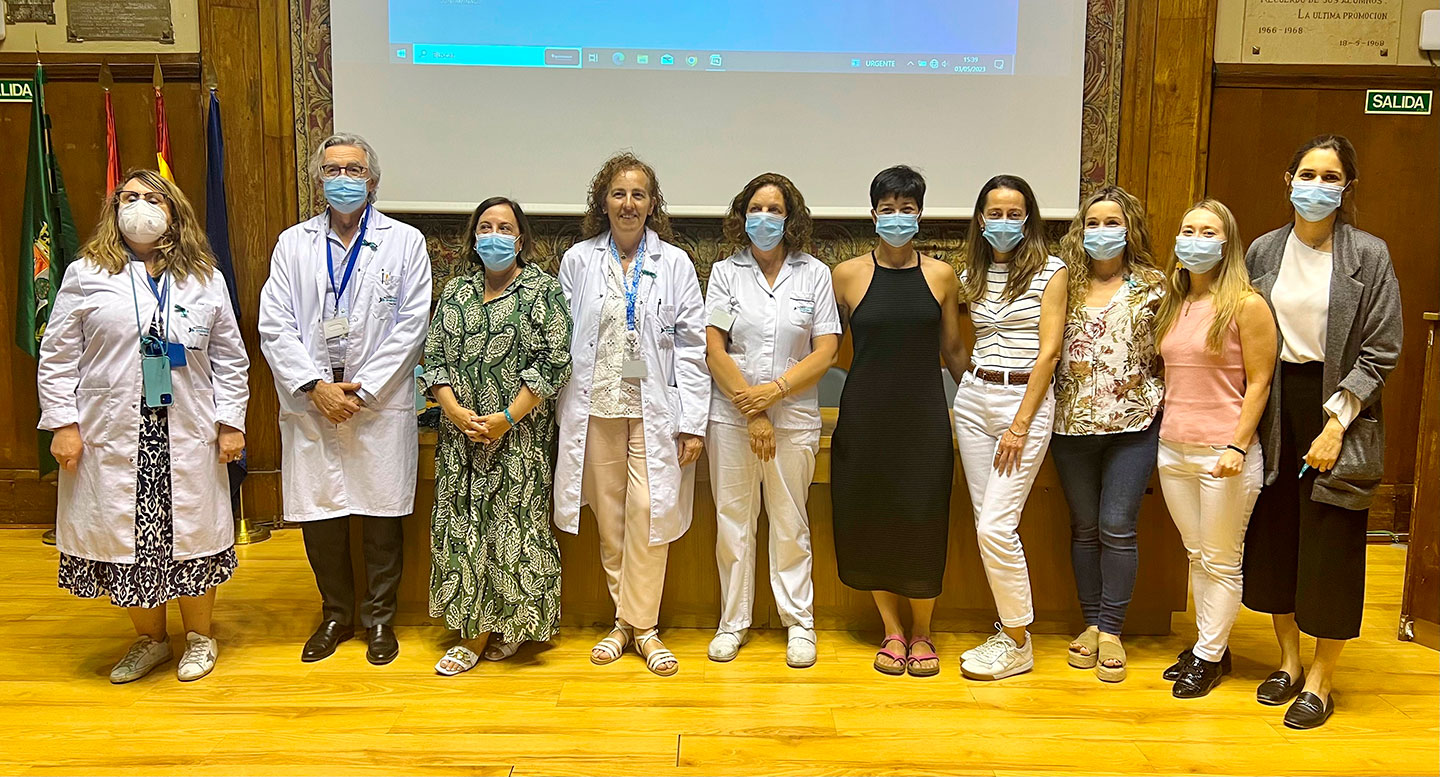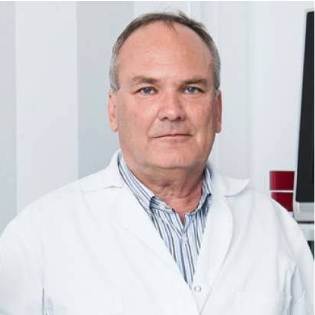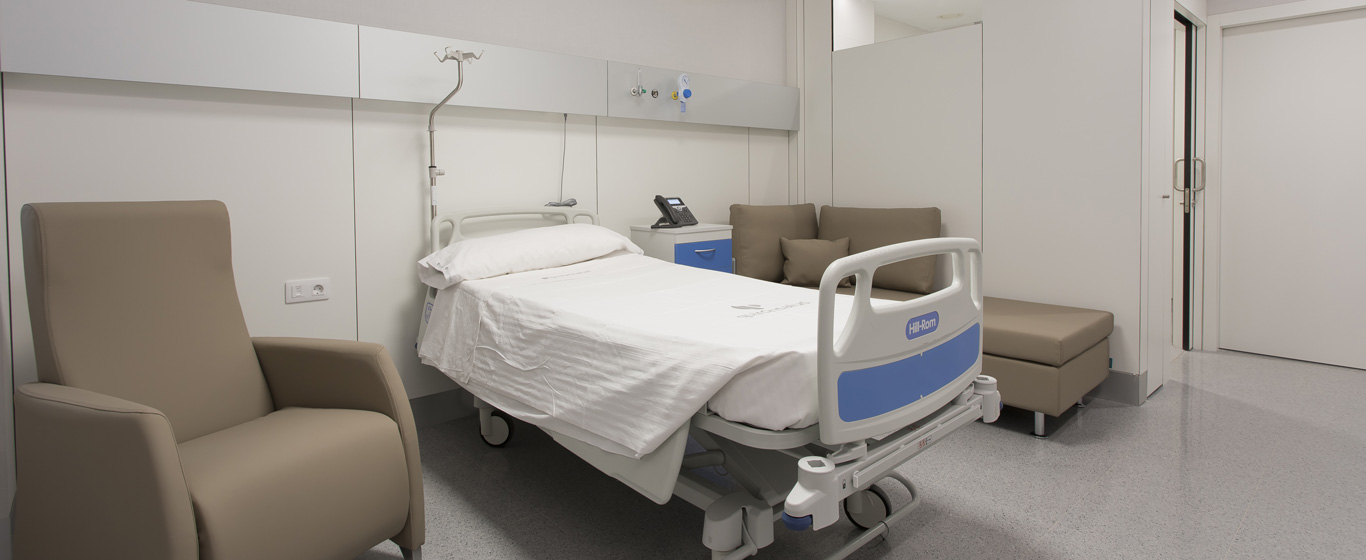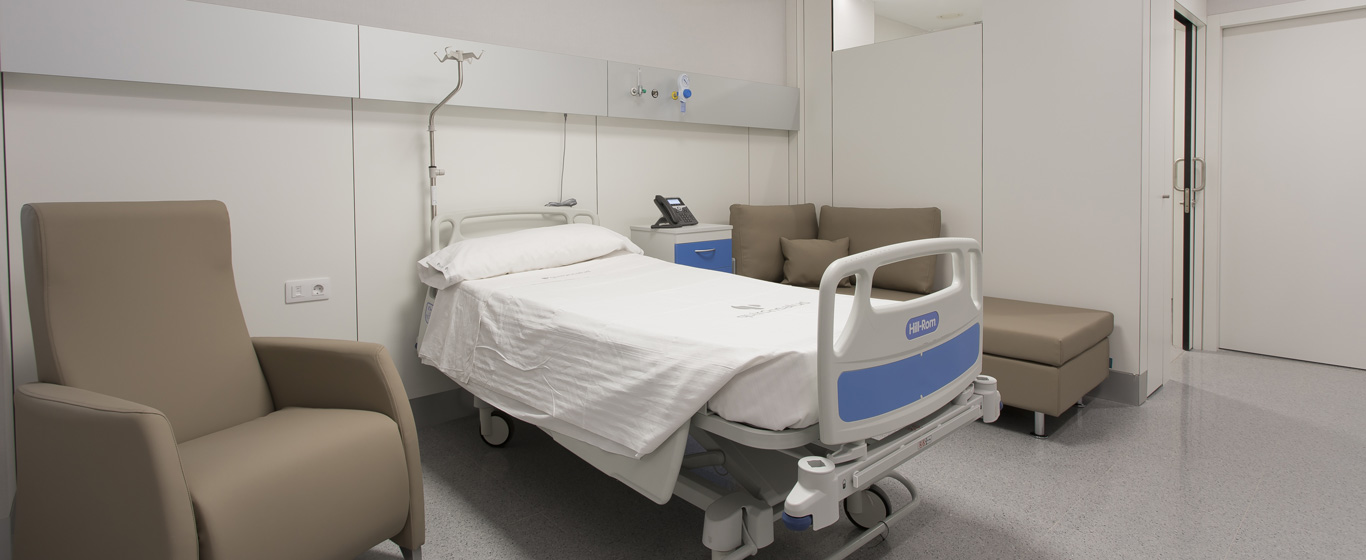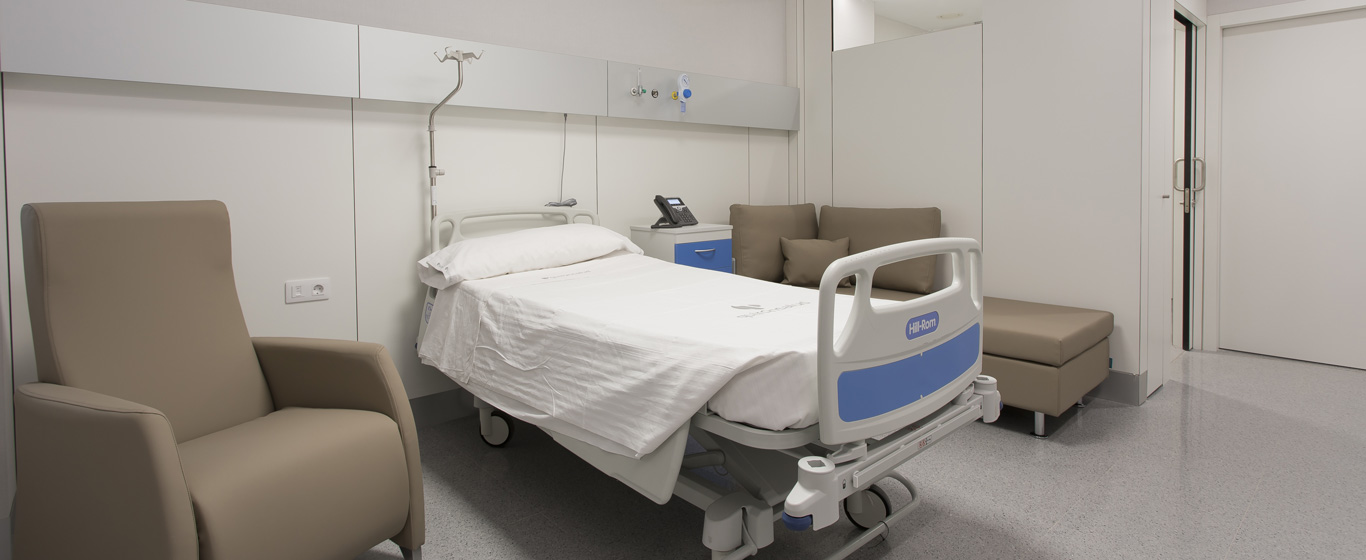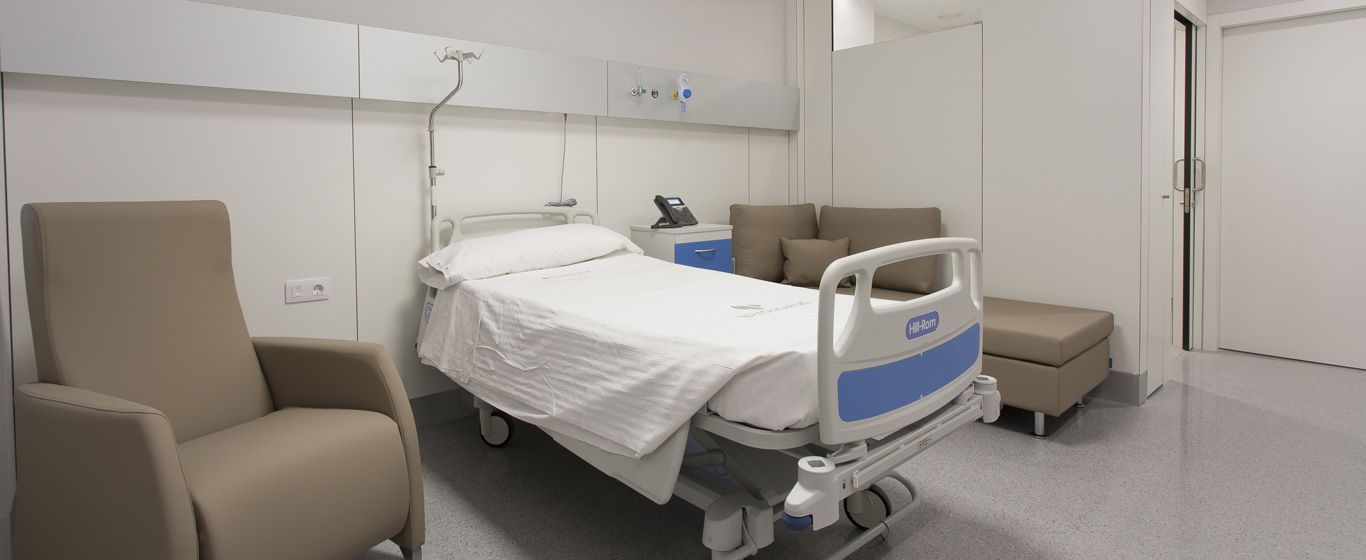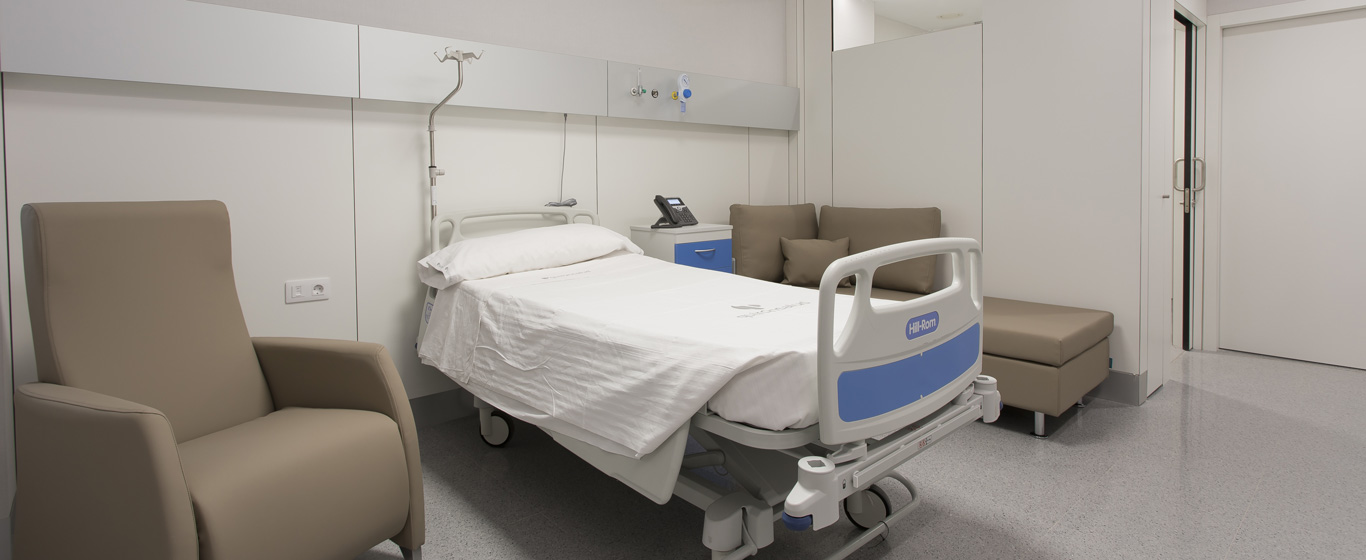Otorhinolaryngology
Find out everything you need to know about theotorhinolaryngology speciality: its field of study, what diseases it treats or what techniques and procedures are most commonly used for both the diagnosis of pathologies and their treatment. We tell you about the main reasons to go to the ENT specialist consultation and what to expect at the appointment. Book your appointment at one of our hospitals.
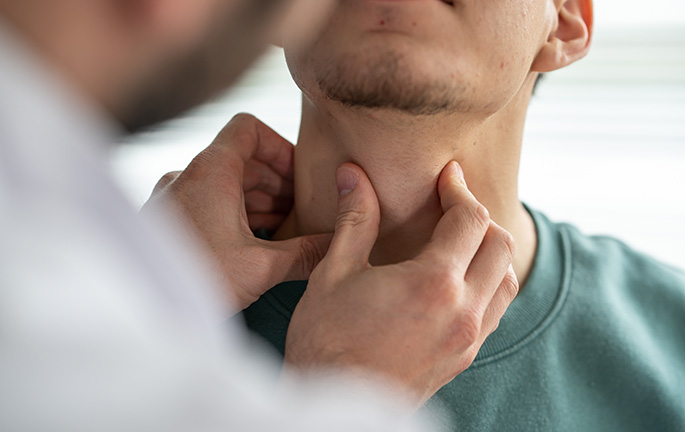
What is otorhinolaryngology?
Despite the false belief that it only deals with the ear (Para mies esto no es necesario), otorhinolaryngology is a field that focuses on the nose, paranasal sinuses, pharynx, larynx, cervical and craniofacial structures, oral cavity, neck and salivary glands, as well as treating disorders of the sense of smell, voice, swallowing and balance.
This speciality offers a medical-surgical approach to the treatment of pathologies related to the auditory, olfactory, gustatory and balance systems. At Quirónsalud we use the most advanced technology to carry out your diagnosis, detecting existing pathologies as early as possible.
What does otorhinolaryngology study?
Otorhinolaryngology is a broad speciality and therefore studies a range of different organs or disorders to offer a specific approach in each case. The main subspecialties include:
- Otology, otoneurology and audiology: in this area, the ENT specialist focuses on the care and treatment of ear diseases and hearing disorders.
- Rhinology: deals with pathologies of the nose, paranasal sinuses and the base of the skull.
- Laryngology, voice and swallowing disorders: in this branch, otolaryngologists specialise in lesions of the throat, pharynx, larynx (vocal cords) and cervical oesophagus.
- Neck: Any mass (lump) in the neck must always be assessed by an Otorhinolaryngologist, who must reach a diagnosis and decide how to treat it.
Surgery of the thyroid and parathyroid glands is also part of the ENT specialist’s field of work.
- Facial plastic and reconstructive surgery: The otorhinolaryngologist is specifically trained to perform facial plastic surgery procedures. Rhinoplasty, otoplasty, blepharoplasty, facelift, Forehead reduction surgery and so on are all therapeutic techniques that are part of the Otorhinolaryngology speciality.
The resection of skin tumours of the head and neck and subsequent reconstruction are procedures also performed by ENT specialists.
- Paediatric otorhinolaryngology: addresses all problems related to the nose, ears, and mouth, snoring or sleep apnoea in children under 14 years of age, including physical facial complexes such as protruding or "bat" ears (stop bullying).
- Vertigo and balance disorders: this unit is responsible for comprehensive diagnosis of inner ear pathologies that cause other disorders such as vertigo, tinnitus, hypoacusis or dizziness.
Which patients is it for?
Otorhinolaryngology is aimed at patients of any age with hearing or balance disorders, neck masses, sleep disturbances caused by apnoea or snoring, speech problems, swallowing difficulties, or complaints of the auditory, gustatory or olfactory system.
Techniques, procedures and diagnostic methods
Given that the techniques and methods for the diagnosis and treatment of ENT pathologies have evolved greatly thanks to technological advances, we can now approach any disease you may have much more specifically. Some of the most prominent procedures include:
- Robotic Surgery, minimally invasive transoral surgery, to treat head and neck cancer, as well as snoring and sleep apnoea conditions.
- Cochlear, middle ear and bone anchored hearing implant surgery when conventional hearing aids or sonotones cannot be used for whatever reason.
- LASER and Radiofrequency surgery.
- Facial plastic surgery: Rhinoplasty, otoplasty, blepharoplasty, facelift, forehead reduction surgery
- Facial paralysis, surgeries and procedures for comprehensive treatment.
- Septoplasty and Rhinoplasty: this is surgery to correct deformities of the nasal septum and nasal bones or to completely reconstruct the nasal septum.
- Otoplasty, corrects deformities of the ears.
- Monitored cervical thyroid and parathyroid surgery.
- Zenker’s diverticulum endoscopic surgery, which avoids opening the neck and subsequent scarring. Also, patients are able to eat by mouth the very next day.
- Sialoendoscopy: treatment for chronic salivary duct obstruction that involves the introduction of an endoscope through the duct to remove what is blocking the gland and prevent its removal.
- Advanced endoscopic nasal surgery, in collaboration with Neurosurgery for brain tumours (skull base, pituitary gland), through the nose without scars or visible deformities. Eustachian tube treatment (dilatation) for diving and aviation problems.
- Otoscopy and otomicroscopy: this test involves using an instrument with a magnifying lens and a beam of light to visually explore the outer ear and the eardrum.
- Audiometry: a test that assesses the hearing ability to perceive sounds of different pitches and intensities, and determines the patient’s hearing thresholds and intelligibility (ability to understand words).
- Impedanciometry: a test to determine how well the middle ear functions when it perceives a sound.
- Diagnostic tests and treatment for vertigo, instability and dizziness (v-hit, videonystagmography, etc., vestibular rehabilitation)
- Adenoidectomy: surgical technique to remove the adenoids, also known as vegetations.
- Stop smoking, we help you to stop smoking.
Diseases and symptoms
Main pathologies and diseases
The most common diseases in otorhinolaryngology include:
- Sinusitis, nasal allergic pathology
- Pharyngitis
- Tonsillitis
- Sleep apnoea
- Otitis
- Hearing loss/deafness
- Tinnitus
- Vertigo
- Problems diving and flying
- Rhinitis, congestion and nasal allergy
- Ankyloglossia
- Epistaxis, nosebleeds
- Anosmia, loss of smell
- Dysphonia, voice disorder
- Dysgeusia, impaired taste
- Dysphagia
- Facial paralysis
Related symptoms
Otorhinolaryngology patients usually present the following symptoms:
- Sore throat
- Swollen tonsils
- Cough
- Earache
- Nasal congestion or rhinorrhoea
- Dizziness, vertigo and instability
- Dysphonia, voice disorders
- Muddle headedness and feeling of dizziness
- Swollen glands in the neck
- Lumps or masses in the neck
- Difficulty swallowing
- Difficulty breathing
- Inflammation of the ear
- Hearing loss
- Ringing in the ears (tinnitus)
About the otorhinolaryngology consultation
We solve any doubts you may have before you see the specialist
Going for an otorhinolaryngology consultation is essential to prevent hearing loss or hearing impairment, among other problems. At your first appointment, the ENT specialist will take your medical and family history and make a note of all the symptoms you have noticed. Based on this information, they will proceed with the examination and carry out any tests required to rule out or confirm pathologies.
What should you keep in mind?
The most common reasons for which patients come to the consultation include:
- Hearing loss.
- When patients "hear" noises in their ears and there is no outside source of the sounds.
- Feeling that you hear too much, and that any sound can be annoying.
- Inflammation in the ear.
- Problems speaking or swallowing.
- Sore throat.
- Facial pain.
- Lumps in the neck.
- Difficulty breathing through the nose.
What should I take to the appointment?
To make the most of your time, we recommend that you bring a list of the symptoms and doubts you may have to the ENT specialist consultation. If you have had any tests carried out beforehand, the reports will be of great help to the doctor.
You may receive a questionnaire a few days before your appointment asking about your medical history, usual medication and other specific questions that will allow us to anticipate certain aspects of your consultation, helping us to expedite and personalise your care. To do this, we recommend that you download the free Quirónsalud Patient Portal application, which will facilitate communication with your healthcare team.
You may receive a questionnaire a few days before your appointment asking about your medical history, usual medication and other specific questions that will allow us to anticipate certain aspects of your consultation, helping us expedite your treatment and offer you a more personalised care. To do this, we recommend that you download the free Quirónsalud Patient Portal application, which will facilitate communication with your healthcare team.

If you have any further questions, please contact us through the Patient Services telephone number: 900 301 013



